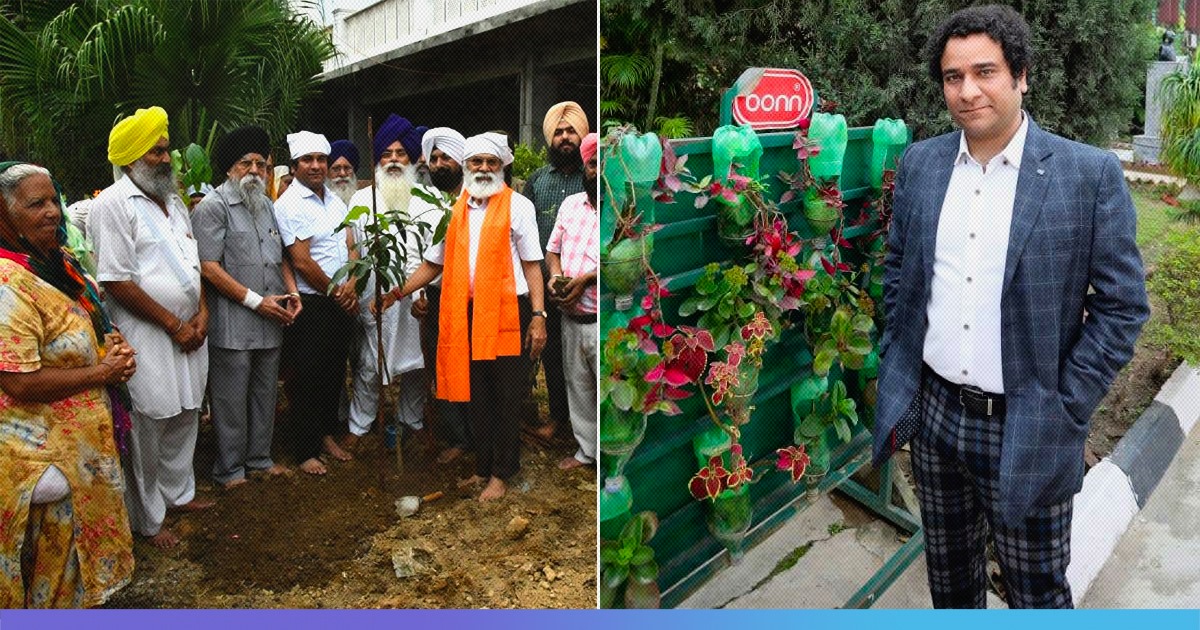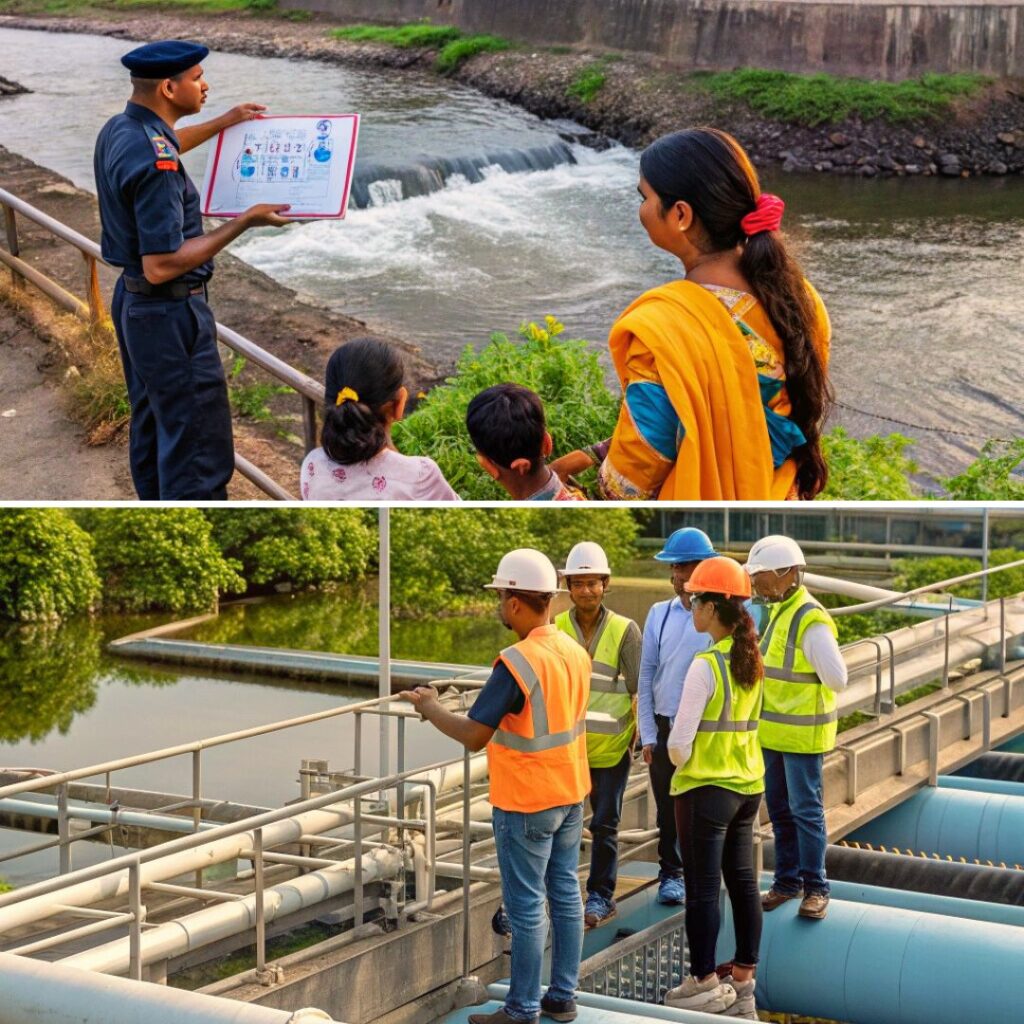A month ago, Mumbai’s Aarey Forest became devoid of over 2,700 trees. The city’s significant source of oxygen was cut down to replace it with yet another addition to the already growing concrete jungle. Despite the growing resentment, trees were felled and there was no going back.
While at one end of the country the source of oxygen is being ripped away, up north in Punjab, there is a man who is working hard for a cause that is very close to his heart: reforestation to restore the lungs of the city.
Rohit Mehra has taken it upon himself to actively plant trees all around the city of Ludhiana.
What made Mehra take this step is the growing pollution in the country right now, especially in the northern belt.
Mehra’s Micro Jungles
“I loved summer vacations as a child because it was a relieving break. Now, my son has vacations because of the increasing pollution in the city. We should be able to enjoy our holidays, not spend them protecting ourselves from the degrading air outside,” Mehra tells The Logical Indian.
He has been instrumental in forming what he refers to as “micro jungles”, taking a leaf out of the Japanese process of extensive planting of trees known as Miyavaki. For this, he has also resorted to ancient Indian treatise on tree-plantation known as “Vrikshayurveda”. In this process, there is a land that is used where many trees are planted at the same time.
 In Mehra’s micro jungles, he plants five big trees known as “Panchvati”, which include Neem, Amla, Bargad, Peepal, and Ashok, which form the core trees. They are surrounded by trees like Teak, Chameli, and Harishnakri.
In Mehra’s micro jungles, he plants five big trees known as “Panchvati”, which include Neem, Amla, Bargad, Peepal, and Ashok, which form the core trees. They are surrounded by trees like Teak, Chameli, and Harishnakri.
They are planted at a distance of 2.5 feet from each other. Flora of different heights namely canopy, trees, shrubs and creepers are planted next to each other. The soil is treated with natural biomass, stubble,agriculture-waste and leaf manure which is kept for some days.
He has already created more than 27 jungles which, as per research on the subject, will grow 10 times faster, 30 times denser and 10 times more biodiverse. A land either ranging from 500 – 600 sq. feet or as big as 4 acres is needed for the work.
Some of these jungles are named after the ancestors as an homage to them. As an ode to Sikhism, he named these jungles as ‘Nanak Van’ and pledged to create such jungles all over the state. He has tied up with various institutions such as CII, FICCI, and others to create mini forests with them.
With this, he also spreads awareness about the procedures followed while planting the trees.
For Rohit Mehra, people’s participation is very important. In his endeavors, he encourages the public to actively take part in the making of the micro jungles.
He has built them in schools, colleges, blind institutes, industrial areas, farmhouses, open plots, Gurudwaras, etc. He also holds ‘Green Get Together’ – an interactive event to encourage more people to plant trees. Seed Balls are also distributed on Toll Plazas in the city.
As of now, Rohit Mehra has created over 20 micro jungles across Amritsar, Ludhiana, Surat, Gurgaon, Baroda, and other places.
However, there were hurdles in the way. “It was hard to convince the people to let go of their land where we wanted to make these jungles,” Mehra said.
Now, with more awareness, people are coming forward and helping in the preservation of the green cover of the area.
Fondly known as the ‘Green Man’ by the local crowd, Mehra is extremely passionate about leaving behind clean, green earth for future generations. The Logical Indian appreciates him for his selfless service to the earth.
Also Read: Not Just Delhi! Pollution Chokes North India As Many Cities Turn Into Gas Chambers












